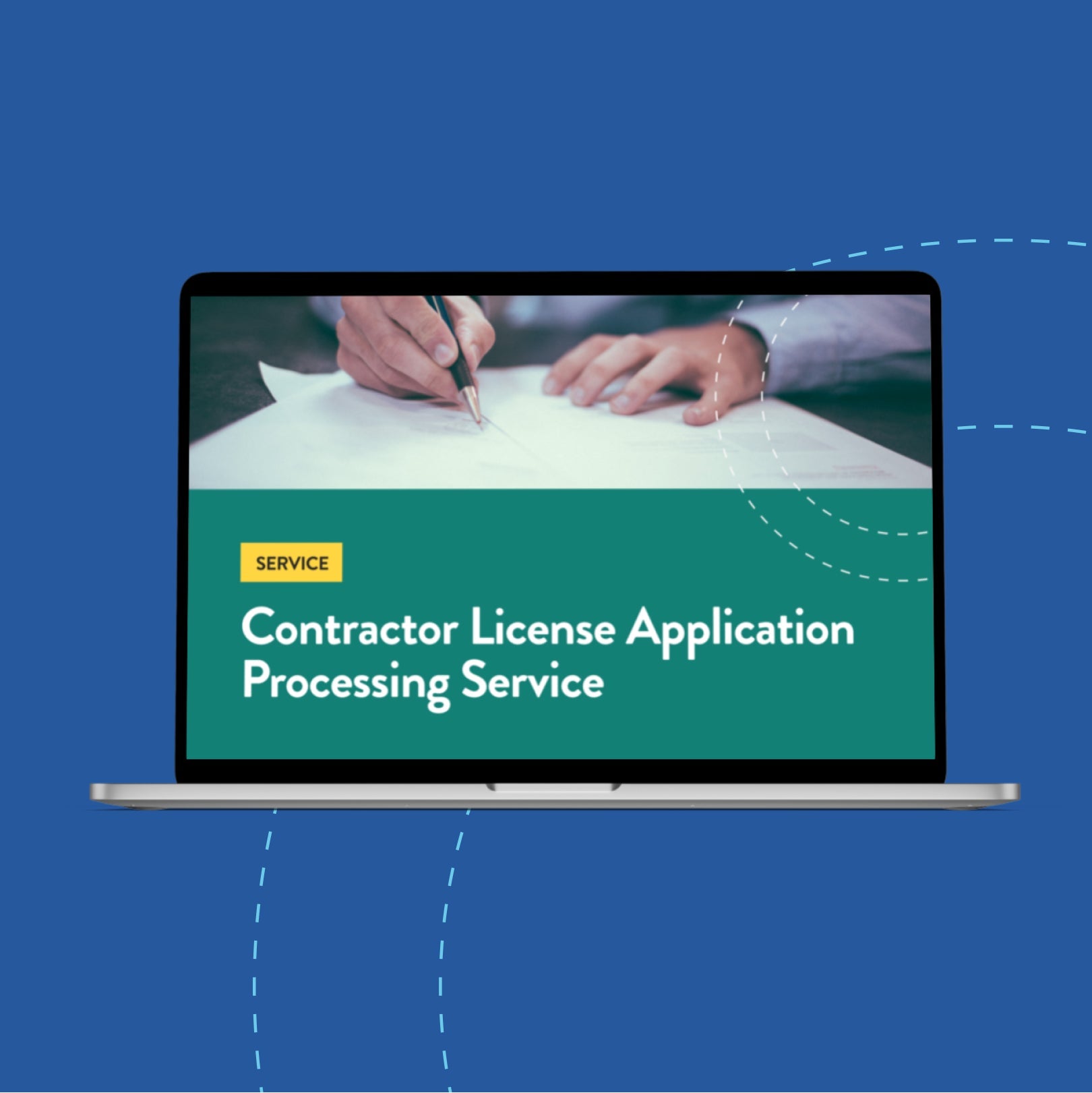
Overview & Benefits
Preparing for the contractor’s exam in Kansas
Most states use licensing procedures for certain professions like real estate and medicine. These regulations protect residents against fraud and lack of experience.
The same goes for obtaining a contractor's license. Depending on the state you are in the rules and regulations surrounding contractor's certifications vary.
In some states, obtaining a contractor's license is difficult and requires you to jump through a lot of hoops. On the other hand, some states maintain relatively lax requirements.
Wherever you plan on getting your certification, being prepared for the exam and collecting all of your supplemental materials are essential if you want to have a smooth experience.
At Contractor Training Center, our mission is to help you prepare for the contractor's license exam in your state. Our prep courses set you up not only for passing the exams successfully but also for a long future of working in this business.
To become licensed in the state of Kansas, you must acquire certification at the local level through your city, county, or jurisdiction.
Kansas does not require licenses for general contractors at a state level (except for asbestos abatement & water well drilling). Therefore, you must meet specific local requirements, supply the necessary documentation, and pay any local fees.
Any non-resident contractors and subcontractors have to register with the Department of Revenue if contracts exceed $10,000. Authorized corporations in Kansas do not need to register contracts.
To complete registration, you can contact the Director of Taxation Registration at the Kansas Department of Revenue. Additionally, you should contact your local municipality or county.
Why you should get a Contractor's license in Kansas
A contractor's license offers several benefits that ultimately help bolster your success as a contractor.
Gives You Credibility
Having a license increases your credibility, allowing you to build trust with your clients. There are other ways you can gain their trust, but this is a big part of establishing yourself and your business, especially if you're working with new customers.
Getting a contractor's license isn't done overnight, and the process of obtaining a license can be considered a significant investment. Customers often feel at ease knowing a contractor has invested their own time and money working to back up their skills with a license to prove it.
Gives You A Higher Earning Potential
Consequently, there are larger projects that you can't perform without a contractor's license. With one, you can take on big assignments, get more jobs, and increase your profit. More times than not, clients will pay a higher price to a licensed contractor as opposed to unlicensed handymen.
With a license, your clients can trust that you have the knowledge and skills to do what they need. It’s an assurance that you’ll follow all applicable laws and regulations. You can build a relationship with your customers and establish trust in other ways, of course. However, a licensed contractor will stand out far more and attract customers easier.
Additionally, many states legally require businesses to hold a contractor's license to work on projects over a certain financial threshold. If you take the initiative and earn your license now, you can get more business, increase profits, and take on more significant assignments right away. Clients will typically pay a higher fee for licensed contractors because they can trust that the contractor knows what to do and how to do it well.













